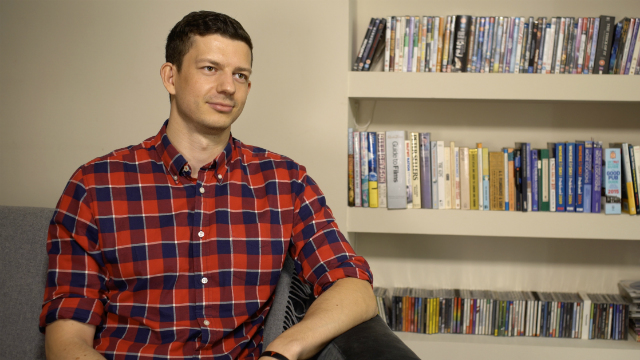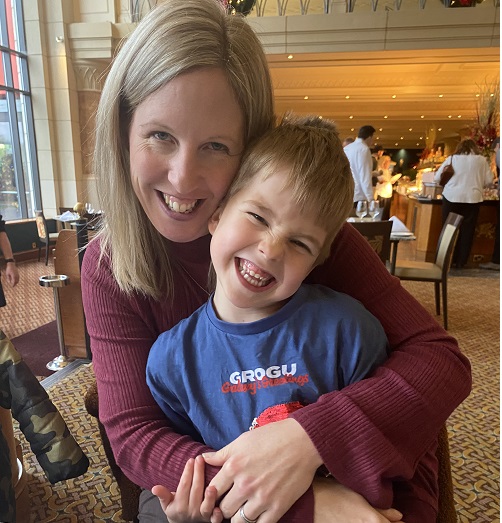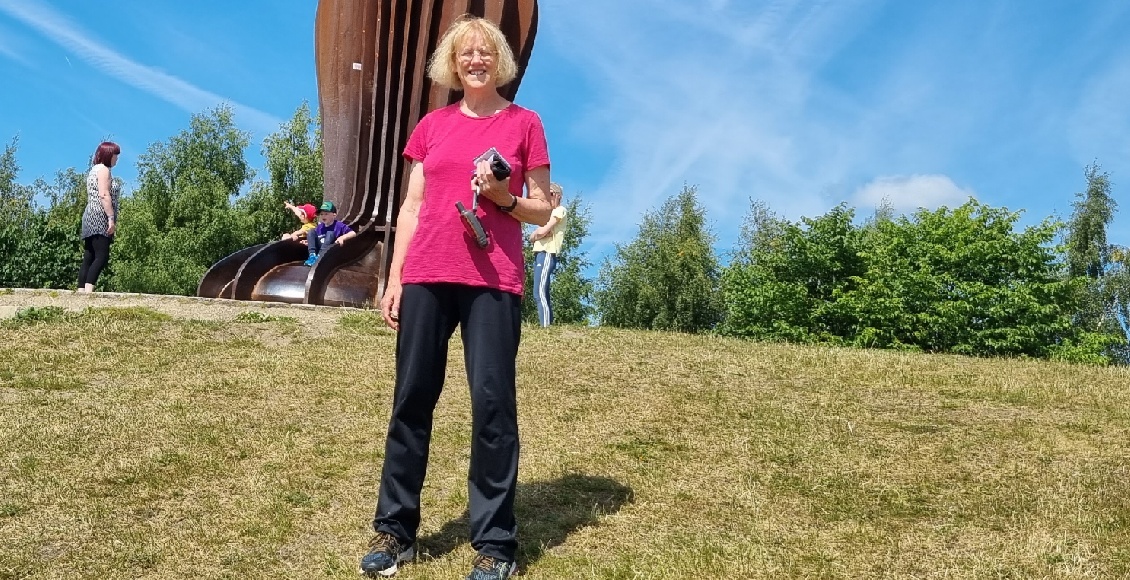
Kaja
Diagnosed in first year of university.
A massive part of diabetes is the mental health side.
Kaja was diagnosed with type 1 diabetes after her first term at uni. It was a huge shock but the uni, her friends, her mum and brother supported her. Kaja thinks people don't know enough about or talk about the mental side of diabetes, and wants that to change.



